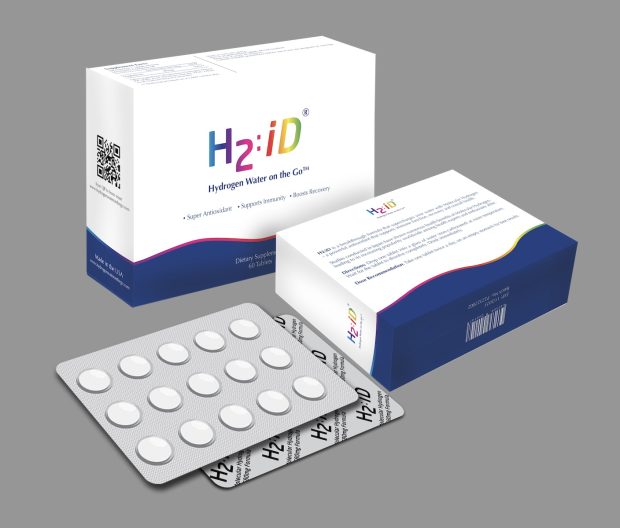In the digital era, data is gold. Consequently, the defense of your business against cyber intrusions is not a choice anymore; it’s an absolute necessity. But we’ve got you covered! In this blog, we’ll reveal eight emerging security trends for businesses in Singapore to watch out for, ensuring your cyber fortress remains unbreachable.
Cybersecurity threat intelligence
As cyber threats become more sophisticated, the importance of cybersecurity threat intelligence for businesses has grown exponentially. This anticipatory stance in cybersecurity entails the gathering and examination of data concerning prospective threats and vulnerabilities.
Singapore businesses can stay informed about potential threats using various tools and platforms. These solutions offer intelligence-driven security, providing insights into emerging threats and enabling businesses to anticipate and counteract potential attacks.
AI-powered security solutions
Artificial Intelligence (AI) has significantly transformed security systems, offering greater predictive capacity and responsiveness. It provides the ability to analyze data at a scale beyond human capacity, enabling more effective detection of anomalies and automated responses.
Consider these eye-opening statistics.
- According to a 2020 report by Forbes, 61% of enterprises globally cannot detect breach attempts without the use of AI technologies.
- A study by Futurism revealed that AI could help reduce cyber attack instances by up to 85%.
Notably, AI can enhance cybersecurity measures. Here’s how.
- Anomaly detection – AI can learn normal network behaviour and thus quickly identify unusual activity that may indicate a cyber threat.
- Threat prediction and prevention – Advanced AI systems can predict and prevent potential attacks by recognizing patterns and applying learned knowledge.
- Automated responses – AI can automate the response to identified threats, greatly reducing the time between threat detection and mitigation.
AI is also revolutionizing several physical security fields, such as industrial video security, access control and biometric authentication.
Multi-factor authentication
Multi-factor authentication emerges as a pivotal technique for the safeguarding of delicate data. It involves using two or more separate elements to verify a user’s identity, greatly reducing the risk of unauthorized access.
In order to put multi-factor authentication into action, businesses can include methods like biometric identification, single-use passwords, or security tokens. These techniques provide an additional layer of security and protect business assets from potential intrusions.
Cloud security
The adoption of cloud services by businesses continues to rise. A 2023 study by Gartner predicts that over 75% of all databases will be deployed or migrated to a cloud platform by 2023. While this migration offers substantial benefits such as flexibility, scalability, and cost reduction, it also introduces new security challenges.
Data infringements in the cloud can trigger disastrous outcomes, leading not only to hefty financial losses but also causing potentially irreparable damage to a company’s standing. IBM’s 2023 Cost of a Data Breach report estimates the average cost of a data breach at $5 million.
Implementing robust cloud security measures is no longer an option—it’s a business imperative. In order to ensure data protection in the cloud, businesses should adopt the following best practices:
- Encryption – Encrypting data at rest and in transit is a fundamental measure for protecting sensitive information from unauthorized access.
- Access control – Implementing stringent access control can prevent unauthorized users from accessing sensitive data.
- Regular audits – Periodic security audits can help businesses identify potential vulnerabilities and take appropriate corrective measures.
IoT security
The Internet of Things (IoT) holds immense potential but also introduces considerable risks within a commercial framework. As IoT devices gain more widespread use, they can transform into targets for cybercriminal activities.
To secure IoT devices and networks, businesses should prioritize security measures like regular firmware updates, strong password policies, and network segmentation. These steps can help to prevent unauthorized access and protect business systems.
Remote workforce security
The rise of remote work has significantly changed the landscape for businesses’ security measures. Remote workers can present vulnerabilities that are not present in traditional office environments.
In order to secure remote work environments, businesses can enforce VPN usage, provide security awareness training, and employ remote management software. These steps help protect company data and secure the remote workforce effectively.
Data privacy regulations
Adhering to data privacy regulations in Singapore is critical for businesses. Non-compliance can lead to hefty sanctions and grave harm to a company’s public image.
Given the forthcoming amendments in data privacy regulations, businesses should keep abreast of these changes and adjust their privacy protocols accordingly.
Cyber insurance
Cyber insurance has surfaced as a beneficial instrument to alleviate financial risks associated with cyber-attacks. It can cover the costs associated with data breaches, including recovery expenses, legal fees, and business interruption losses.
When considering cyber insurance, Singapore businesses should evaluate factors like the coverage limit, premium costs, and the insurer’s claim settlement record. Having an appropriate cyber insurance policy can provide a safety net in case of severe cyber incidents.
Final thoughts
The key emerging security trends for Singapore businesses—cybersecurity threat intelligence, AI-powered security solutions, multi-factor authentication, cloud security, IoT security, remote workforce security, data privacy regulations, and cyber insurance—are shaping the business landscape.
In this ever-evolving digital world, staying informed and adapting your security strategies to these trends can help maintain the security of your business. By embracing these trends, you can enhance your company’s resilience against cyber threats and protect your most valuable assets.







